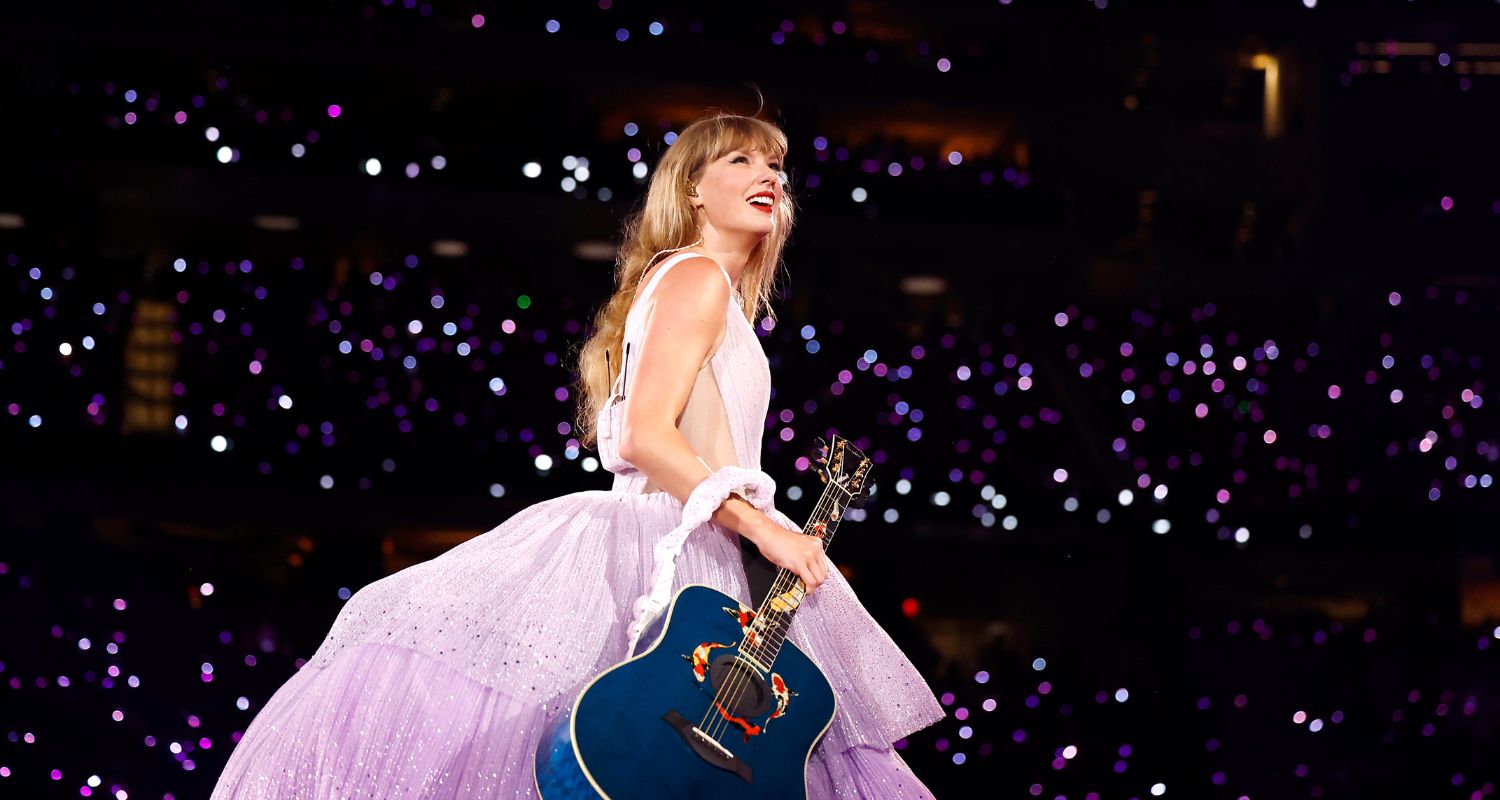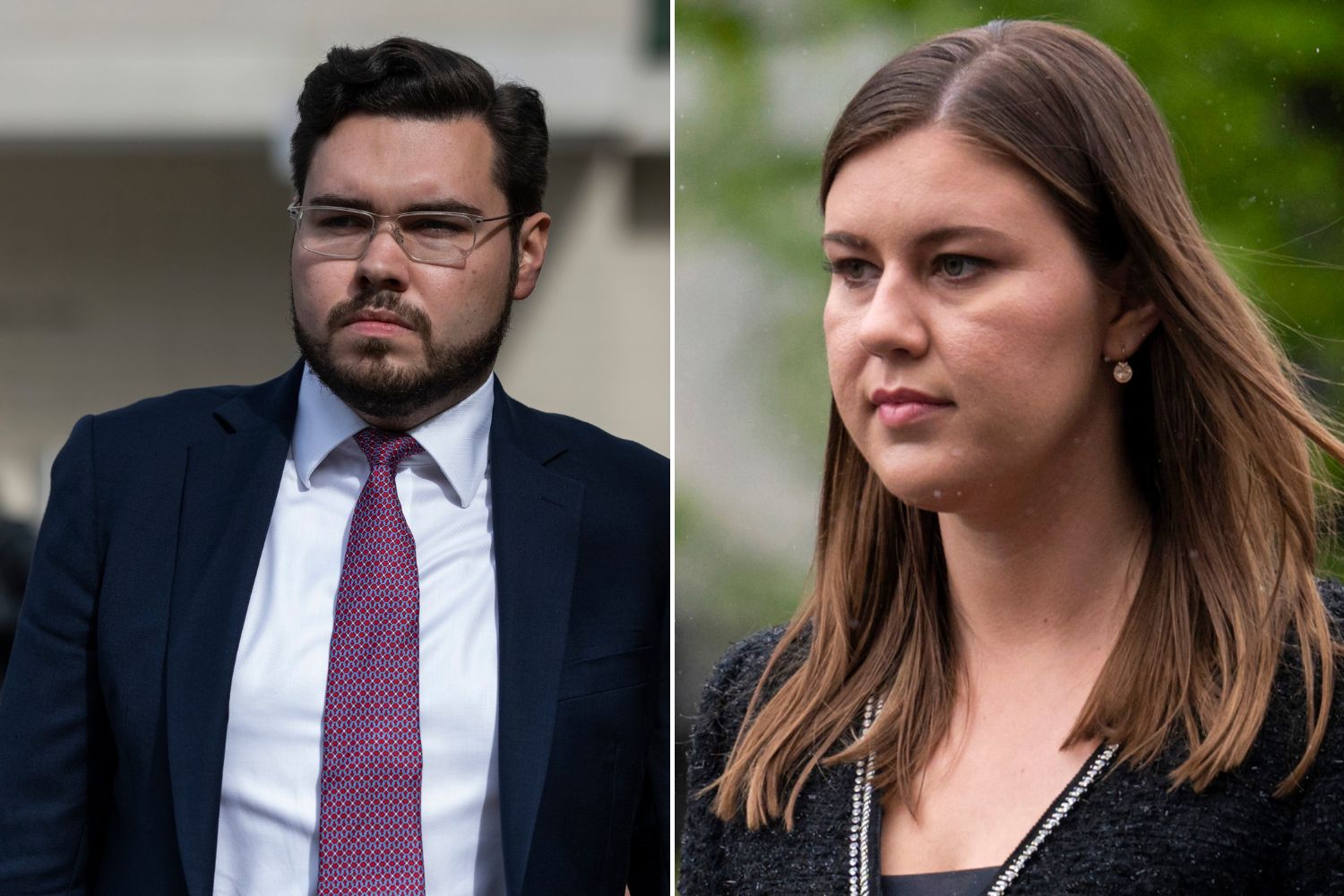We need to talk about healing because there’s so much healing needed in this country. I am a proud Bangerang and Wiradjuri woman; I’m from the north-east of what is now known as Victoria.
I grew up listening to my mother’s stories about life at Cummeragunja Mission. She told me how they were banned from speaking our language, about the lack of food and the malice of the white missionaries. She also told me about the strength and courage of our people who, in their hundreds, walked off the mission in 1939.
Stories of deprivation and cruelty are not uncommon among First Peoples. Since invasion, we have been driven from our land, murdered, separated from their families and forced into institutions. We’ve been denied our right to be who we are, and deprived of our history and culture.
Fortunately, stories of our resilience are not uncommon either. The Cummeragunja walk-off is just one of many acts of defiance and bravery that have ensured our survival. Despite the concerted attempts to eradicate us and our culture, we are still here – the oldest living culture in the world.
However, survival alone is not enough. We also need to heal. So many of the wounds of our past have never been tended to. They are still raw and we are still suffering. You can see it in the disproportionate incarceration of our young people and in the saddening disparity in life expectancy between us and the rest of Australians.

The path to treaties is a path to healing – it is a salve for those wounds. When we make treaties, we will stand on equal footing with our colonisers for the first time. But we can’t achieve that equal footing until we speak the truth to each other [about] our past.
The reality of what has happened to Aboriginal people and how it continues to impact their lives has been largely ignored and actively hidden from the Australian consciousness. How can we heal when we’ve been asked to believe that the cause of our pain is irrelevant?
This is why we have to embrace truthtelling as a fundamental part of our treaty-making process. Truth-telling is about First Peoples being able to share their experiences and the causes of their pain. It’s also about being heard. The rest of Australia needs to listen, acknowledge and understand our stories if we want to move forward.

By acknowledging these lived experiences and being honest about our past we can start to find solutions. We can help determine the actions that will help us heal. This is what we are working towards at the First Peoples’ Assembly of Victoria – the democratic voice for the Aboriginal and Torres Strait Islander community on the journey to treaty in Victoria.
We’re talking with our communities across the state and asking them what they want the treaty to deliver. What they need to heal and thrive. A clear picture is emerging of a future where my people once again have the freedom and power to make decisions that affect our communities and Country.
But it’s not just about us. Truthtelling and treaties will help us create a shared history – one that goes back more than 60,000 years. It will also help us create a shared future where we can all celebrate and benefit from the knowledge, wisdom and culture of First Peoples. Change is already under way but the journey is a long one. Will you walk with us?
Aunty Geraldine Atkinson is a proud Bangerang and Wiradjuri woman and Co-Chair of the First Peoples’ Assembly of Victoria, the elected voice representing First Peoples in Victoria through the States historic Treaty negotiations with the Victorian Government.










